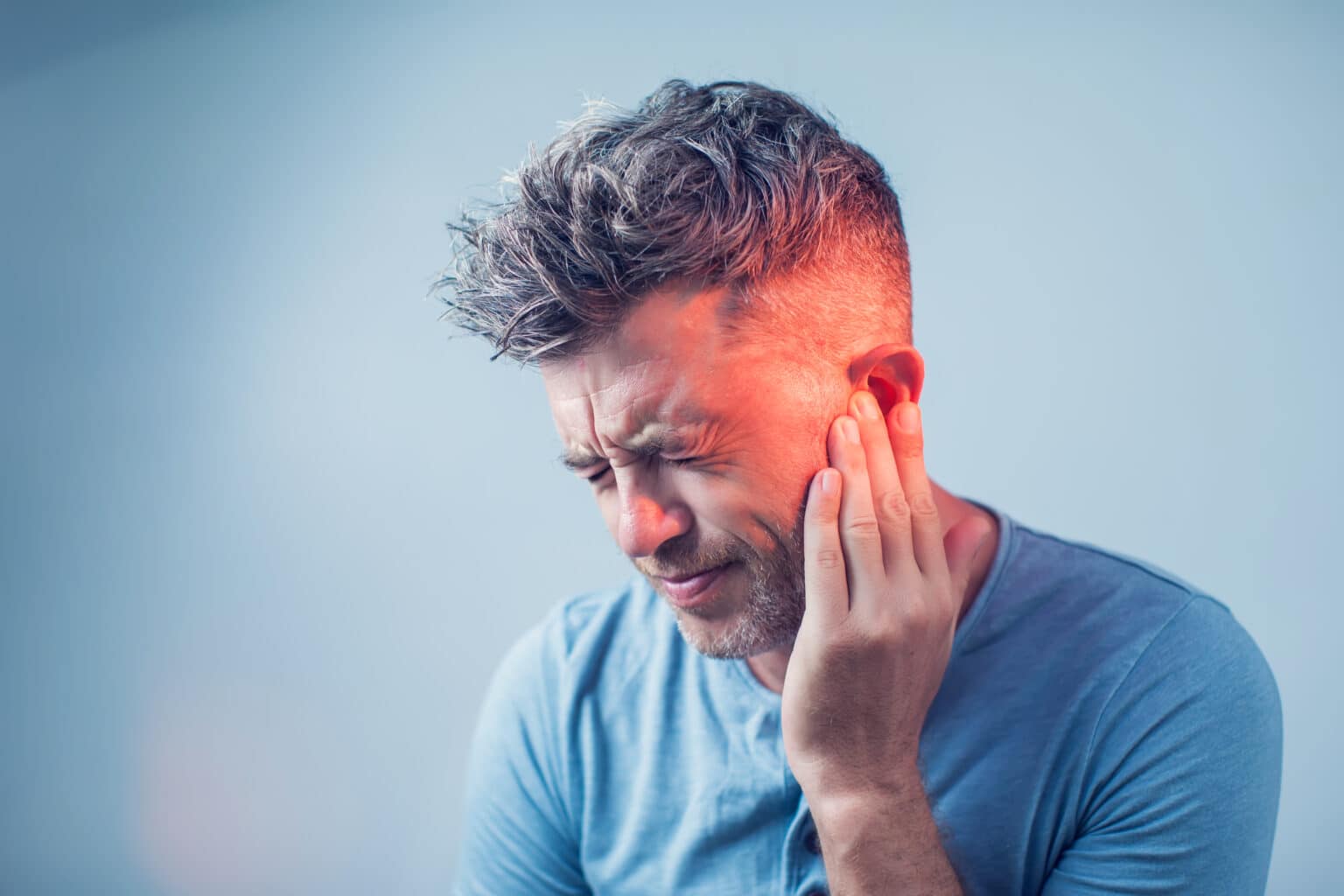
Tinnitus, or ringing in the ears, affects quite a few Americans daily—about 15% of them, according to results from the recently released Apple Hearing Study.
The study surveyed around 160,000 people who answered questions and took app-based assessments about their tinnitus via their iPhone®.
Other Key Findings
The Apple Hearing Study found that:
- 77.6% of participants have experienced tinnitus in their life.
- 35.8% of those 55 and older constantly experience tinnitus.
- 10% have tinnitus that moderately or completely interferes with their ability to hear clearly.
When asked about the primary cause of their tinnitus, 20.3% of respondents said it was loud noise exposure. Exposure to loud noise is also a major cause of hearing loss, which often goes hand in hand with tinnitus—90% of people with tinnitus have hearing loss.
Young people are particularly at risk for noise-induced hearing loss, primarily due to their frequent use of headphones and earbuds, which are commonly used with iPhones.
However, for the more than 120 million U.S. iPhone users, listening responsibly may be easier than they think.
How to Mitigate Tinnitus & Hearing Loss on Apple Products
- Set a headphone volume limit: On your iPhone, go to Settings, then tap Sounds & Haptics (on iPhone 7 and later) or Sounds (for older models). Tap Headphone Safety to turn on Reduce Loud Audio and set your preferred decibel level.
- Turn on Active Noise Cancellation and Loud Sound Reduction mode: Active Noise Cancellation uses the microphone to pick up external sounds, then AirPods® Pro neutralizes them with anti-noise. The Loud Sound Reduction feature in AirPods Pro (2nd generation) can lower loud noise volume while preserving the original sound quality.
- Use the Noise or Health app: On your Apple Watch®, use the Noise app to notify you when environmental noise levels might impact your hearing health. The Health app on your iPhone keeps track of your history of exposure to sound levels and indicates when levels are too loud.
Think you may have tinnitus, hearing loss or both? Request an appointment with our audiology team today!